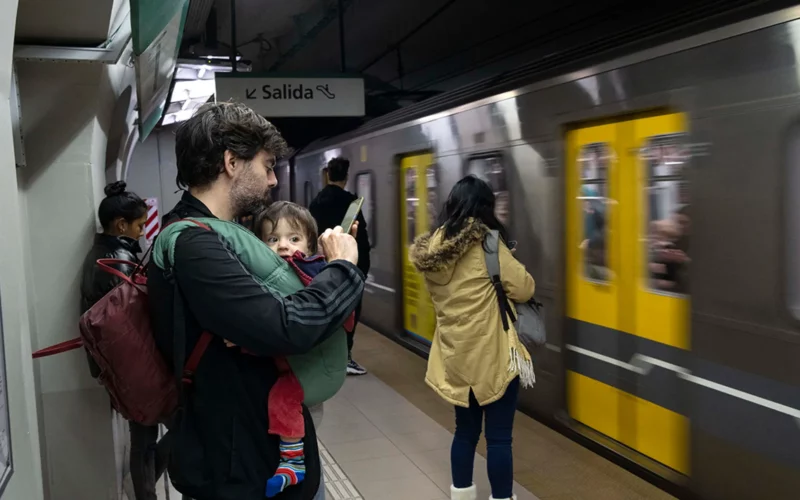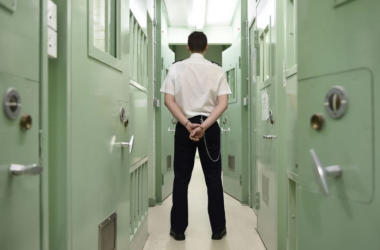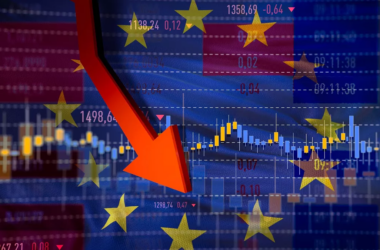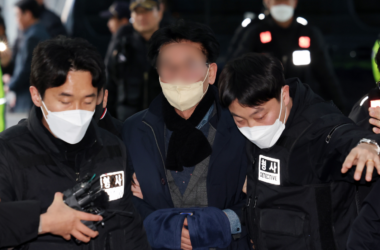Commuters in Buenos Aires were met with a sudden and substantial 360% rise in subway fares on Friday, marking one of the most significant price hikes in President Javier Milei’s stringent budget austerity measures in Argentina.
Following weeks of deliberations, a judge on Thursday revoked an injunction that had temporarily halted the planned fare increase. Consequently, the adjustment came into effect on Friday morning, impacting office workers traversing South America’s oldest subway network.
Public transportation fares carry considerable weight across Latin America, where socioeconomic disparities are deeply rooted, and previous subway fare hikes have incited social unrest, such as the mass protests in Chile in 2019.
Overnight, the cost of a single subway ride in Buenos Aires surged from 125 pesos (14 cents) to 574 pesos (64 cents), exacerbating the ongoing cost of living crisis in Argentina. Some commuters expressed dismay at paying triple the fare for a service that continues to deteriorate.
“It obviously affects me because it means more money disappears from my salary every day, but the worst part about it is that there is zero investment in the service,” remarked 35-year-old Sofía Acosta. “We commute in terrible conditions, cramped, delayed, and now we are paying more.”
Milei’s approach involves severe cutbacks in public expenditure, including subsidies for state enterprises, as part of a radical free-market initiative aimed at restoring Argentina’s credibility with foreign investors and curbing hyperinflation.
However, in the short term, his policies of deregulation and austerity have contributed to a surge in inflation — currently at an annual rate of 289%, among the highest globally — and heightened hardships for ordinary citizens as the economy teeters into recession.
This marks the third instance this year of sharp inflation-driven increases in subway fares — a stark contrast to the fare of just 80 pesos in December. As Milei slashes federal subsidies for public transportation, city administrations are compelled to raise fares. Prices for buses and trains in Buenos Aires have also steadily risen, albeit not in a single dramatic adjustment like the subway fare hike.
Municipal authorities in Buenos Aires announced plans for further fare increases, with fares set to rise to 650 pesos (73 cents) on June 1, followed by another increase to 757 pesos on August 1, “with the aim of lessening the impact on commuters.”
While low fares have historically benefited residents, particularly those commuting from peripheral areas to central Buenos Aires for work, they also constitute a significant and escalating expense that the heavily indebted government asserts it cannot sustain amid Argentina’s most severe financial crisis in two decades.
Once a symbol of the city’s opulence in the early 20th century, the Buenos Aires underground transit system has suffered neglect in recent decades despite its historical significance as one of the world’s pioneering subway systems.








